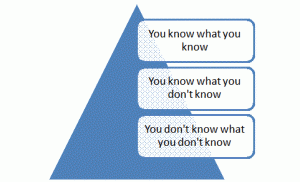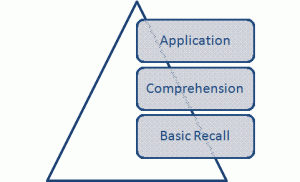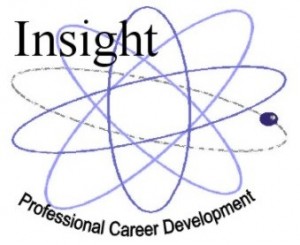Learn New Skills-
The Essence of Learning New Skills-How We Learn
Learn new skills or learning anything new can be very complicated. To simplify the topic, I’ve included the essence of how we actually learn about new subjects of
interest. Here is the essence of how we learn new skills. How we learn new skills is actually pretty simple and the process is very enlightening. Final footnote: we use learn new skills as the premise for our posts, but it is also a metaphor for learning anything you want to learn.
Learn new skills-how we learn
- * 10% of what we READ
- * 20% of what we HEAR
- * 30% of what we SEE
- * 50% of what we SEE AND HEAR
- * 70% of what is DISCUSSED WITH OTHERS
- * 80% of what is EXPERIENCED PERSONALLY
- * 95% of what we TEACH TO SOMEONE ELSE
Learn new skills- in three steps
Notice how the amount or retention grows once you begin to use the skill and teach the
skill. We always used a three step practice to training our employees on new skills. Shortly you will see how it ties together with the trhee levels of knowledge.
- We teach the skill
- They use the skill several times
- They teach the skill
Once you reach the level where you can teach the new skill you learned, that’s when you really begin to grasp the knowledge. This doesn’t happen overnight, but the quicker you can get through these three stages, the quicker you own and learn new skills.
Learn new skills-the three levels of knowing
Now that you know “how to learn”, it’s time to bring our attention to the essence
of knowing and knowledge. You can’t be a great thinker or learn new skills
without understanding the three levels of knowing and the three levels of
knowledge.
This model identifies the three levels of knowing.
So now that you know…what are you going to do with it.
Here are few more enlightening statistics when it comes to learning.
- 75% will do nothing
- 15% will look at it
- 10%-will learn, practice and teach the new skill
That’s the magic number to learn new skills. Statistics tell the tale. Only
10%- actually it is less than 10% of people will actually even learn new
skills, less will practice the new skill and even fewer will eventually teach
it. That’s why so few people really ever succeed.
Call it lazy, call it procrastination, call it not fun. Once you change your mind set
to learn new skills and begin to embrace them as tools that will help you
achieve your goals, get ahead in life and prosper, you will be more inclined to
put yourself in that 10% grouping.
Learn new skills-the three levels of knowledge
This model shows the three levels of knowledge.
- Basic recall is the lowest level in
the hierarchy of knowledge. That’s where you first learn new skills, your first introduction to learning anything new. - Comprehension- this is where you begin to learn new skills and understand new things.
- Application- this is the final step to knowledge the gateway to really learn new skills. Those who reach this level with a skill, actually begin to develop their real skills.
Learn new skills- the rest of the story
The rest of this post will focus on basic memory, and we will address the higher levels of knowledge in the next posting.
Learn new skills- all about memory
In simple terms, memory is the mental activity of recalling information that you have
learned or experienced. That simple definition covers a sophisticated process
that involves many different parts of the brain and serves us in different and
unique ways.
Just like muscular strength, your ability to remember increases when you exercise your
memory and support it with a proper diet and other healthy habits. There are a
number of steps you can take to improve your memory and retrieval capacity,
especially when you learn new skills. First, however, it’s helpful to understand how we remember.
Learn new skills- short term memory
Memory can be either short-term or long-term. In short-term memory, your mind stores
information for a few seconds or a few minutes: that’s about the time it takes you to meet look up a friend’s telephone number. Short term memory is fragile, and it’s meant to be. If not, your brain would quickly be faced with “sensory overload” if you retained every phone number you called, every person you met. Your brain is also meant to hold an average of seven items: called the magic of (7 +-2), which is why you can usually remember a new phone number for a few minutes. Anything more than 7 and you have difficultly recalling.
Learn new skills-long term memory
Long-term memory on the other hand, involves the information you make an effort
(conscious or unconscious) to retain, because it has some significance or is
important to you. For example: information on colleagues, and friends). Some
information that you store in long-term memory requires a conscious effort to
recall: episodic memories, which are personal memories about experiences you’ve
had at specific times; and semantic memories (factual data not bound to time or
place), which can be everything from the names of the planets to the color of
your child’s hair. Another type of long-term memory is procedural memory, which
involves skills and routines you perform so often that they don’t require
conscious recall.
In our next from learn new skills we will post, we will review improving memory.
Check out our intro price from learn new skills on their Be Thinkful skill development plan.





